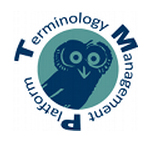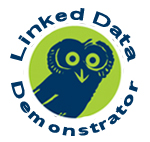-
Join the
Digital Meets Culture
Open Newsroom! If you have interesting news and events to point out in the field of digital cultural heritage, we are waiting for your contribution.
If you have interesting news and events to point out in the field of digital cultural heritage, we are waiting for your contribution.
-
Free text
-
-
Upcoming events
-

Step into the world of history and heritage through stunning 3D collections that bring the past to life. From pre-cinema artifacts in Girona to everyday objects and cultural emblems from the ancient oppidum of Bibracte in Burgundy, these collections … Continue reading →
 The deadline for submitting photographic projects for the AIPAI PHOTO CONTEST has been extended
The deadline for submitting photographic projects for the AIPAI PHOTO CONTEST has been extendedThe deadline for submitting photographic projects for the 3rd edition of the AIPAI PHOTO CONTEST, the photography contest organized by the Italian Association for Industrial Archaeological Heritage ETS, has been extended to October 31. The contest is organized in collaboration with DICEA … Continue reading →
 Brussels, November 13th and 14th, 2024
Brussels, November 13th and 14th, 2024On November 13th and 14th, OpenLab.brussels is hosting the international conference “Creating Knowledge through Participatory Research” in Brussels. The OpenLab.brussels is a joint venture of ULB-VUB dedicated to participatory research. It aims to mobilize our academic community and public or private stakeholders … Continue reading →
|
PRESENTATION OF THE PROJECT
|
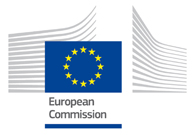
|

Linked Heritage is a 30 month EU project, started on 1st April 2011. Linked Heritage has 3 main objectives: I) to contribute large quantities of new content to Europeana, from both the public and private sectors; II) to demonstrate enhancement… Continue reading →
Linked Heritage Third Plenary Meeting and WP Technical meetings
Linked Heritage plenary meeting in Dublin
The digital cultural heritage towards Horizon 2020
Linked Heritage training programme
Linking Cultural Heritage Information
Improved search and higher-quality metadata through terminology management
Coordinator: Rossella Caffo
Technical Coordinator: Antonella Fresa
Project website: www.linkedheritage.org
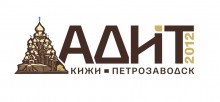
The annual conference ADIT that has been held since 1997 is one of the key All-Russian activities on promotion of information technologies among museums and other cultural institutions that facilitates the development of museums and exchange of regional experience. Continue reading →
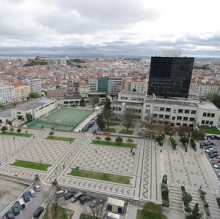
Lisbon hosts the Linked Heritage Third Plenary Meeting and WP Technical meetings. Linked Heritage is a 30 month EU project, started on 1st April 2011. The Plenary represents an interesting and useful meeting to know the state of the art of the project and to plan the activities for the next months. The meeting is organized by Instituto Superior Técnico (Portugal). Continue reading →
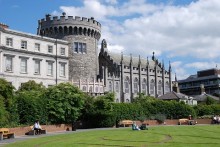
The Linked Heritage project (a 30 months Best Practice Network project founded by the EC) now draws to the end of its life and in Dublin the partners will have the possibility to discuss the latest commitments in view of … Continue reading →
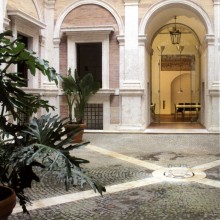
The event was divided in two sessions; the first one was dedicated to the policy, highlighting the decisions by Italian Government and Parliament related to the central role of culture for the economic recovery in Italy, and also in Europe. The second session was dedicated to the digital content Aggregators and to the research infrastructures in the sector of SSH (Social Science and Humanities) and cultural heritage, to share objectives and to develop a common, operative roadmap for digitization. Continue reading →
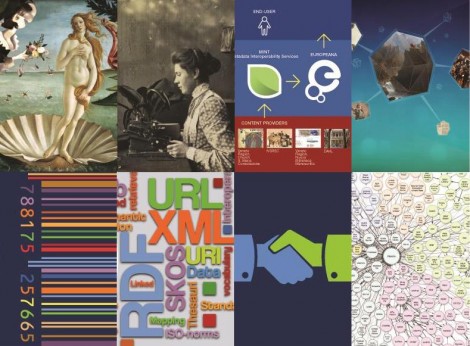
The Learning Objects, developed in the frame of Linked Heritage, range from Europeana to aggregation, metadata standards, linked data, terminology, etc.) and address an identified shortage of awareness of these important topics. Continue reading →
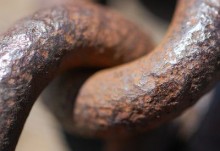
Linked Heritage demonstrated the publication of Linked Data to the digital cultural heritage community, including the establishment of a linked data server which delivers our metadata as linked data triples. To identify the most effective way for the cultural heritage sector to create, manage and apply permanent identifiers. Continue reading →
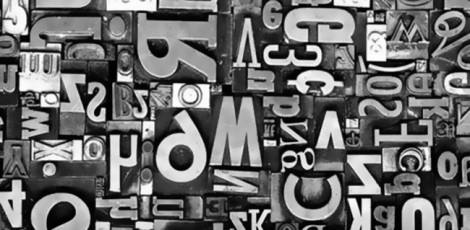
Different organisations and different languages use different terms to describe similar concepts. Incompatible terminologies impede effective searching by end users and are also an obstacle for web services that rely on consistent metadata. Linked Heritage aimed to address this challenge by standardising terminologies. Continue reading →


